Grocery prices have gotten a little out of control. Where you spend your money can make a big difference in your food budget. Learn how to determine which is the best grocery store for you.
Part of the Good Cheap Eats System is to shop at the store that offers the best prices for the things you regularly buy. Obviously, the best grocery store will differ from household to household, based on their needs and food preferences, but there are some easy ways for you to narrow the field.
Want to save this post?
Enter your email below and get it sent straight to your inbox. Plus, I’ll send you budget recipes and money-saving tips every week!
Jump to:
Grocery shopping is one of those leveling experiences. Everyone needs to eat, so every household needs to do some grocery shopping. And while there are some basic ingredients that we might buy in common, not all grocery stores are created equal.
Some supermarkets, like Whole Foods Market, offer deluxe services, such as a fish counter, cheesemonger, and patisserie. Others are fairly bare bones, offering fresh produce and mostly store brand products.
The former is likely going to charge its shoppers a pretty penny, while the latter will be able to extend low prices to their customers in exchange for low frills.
Why It Matters
Which market you choose will make a difference in what you spend on food over the course of the year. Lower your spending by choosing the best place to shop.
So what’s the best grocery store for you?
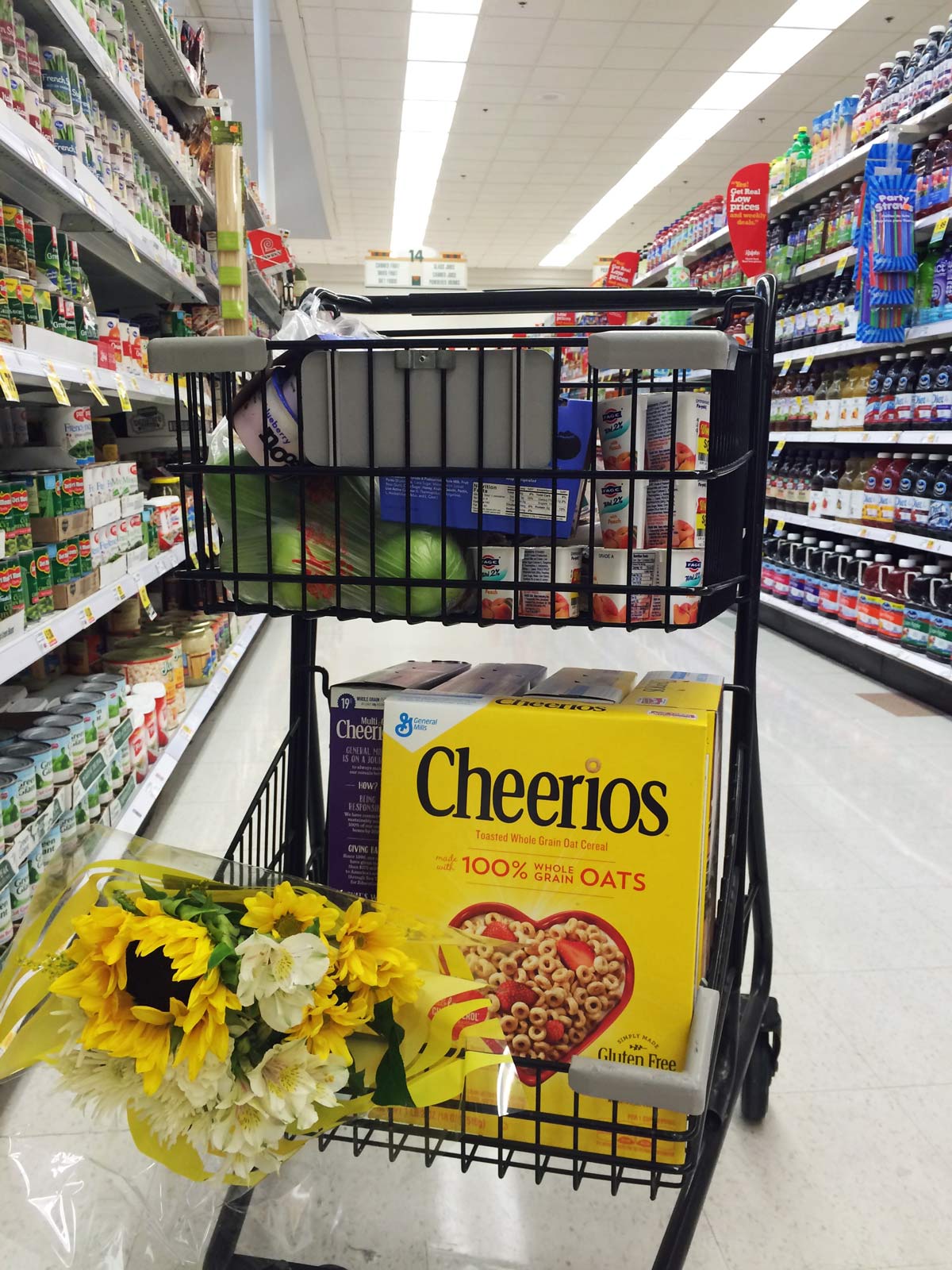
How to Decide
How you shop for groceries has a direct impact on your budget, time management, flexibility in meal prep, meal planning, and the shopping experience in general. Money, time, stress, and sourcing all work into how you decide on the best grocery store for you.
Answer these questions to help you choose:
1. What do you need/like/use?
Being clear on what foods you regularly buy, whether fresh produce, whole foods, or prepared foods, can help you decide where you need to shop. Some favorite items may not be available at every chain, so that may narrow the field of choice for you.
Building a grocery staples checklist for yourself can help you in this process.
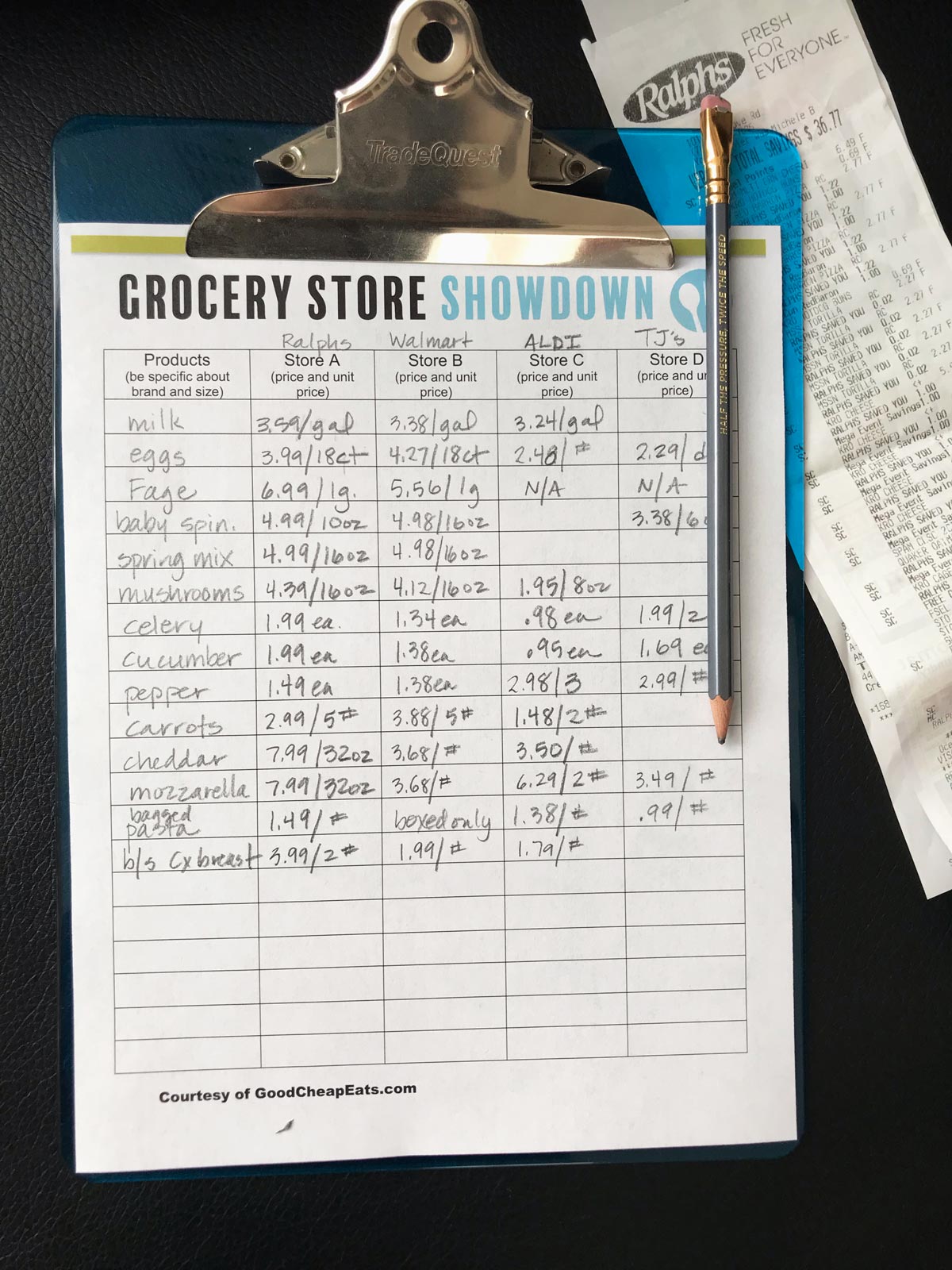
2. What do those things cost at the stores near you?
Thankfully with so many stores offering online shopping, you can easily access the prices of the things that you most often purchase. You don’t even have to leave home to figure this out!
Compare prices of your most oft purchased items to see what store has the lowest prices. Make notes where you’ve observed differences in quality or taste as this matters to your overall experience.
3. What store is the most convenient?
With gas prices what they are, how easy it is to get there can be a mitigating factor. That said, you don’t want it to be soooo convenient that you end up going too often and overbuying.
4. What store is less likely to tempt you to overspend?
If a certain grocery company or warehouse club also has lots of sparkling, shining things to distract you and tempt you to spend more than you should, take that into consideration. It may not be the best choice for you at this time.
The objective is to save money, not buy more stuff.
5. What other services and benefits should you consider?
Many grocery stores offer discounts on fuel, a pharmacy, great customer service, double coupons, and price matching. These may be valuable to you… or they may not.
You need to weigh the different benefits based on your personal experience. Which of these services will truly make a difference to your grocery budget?
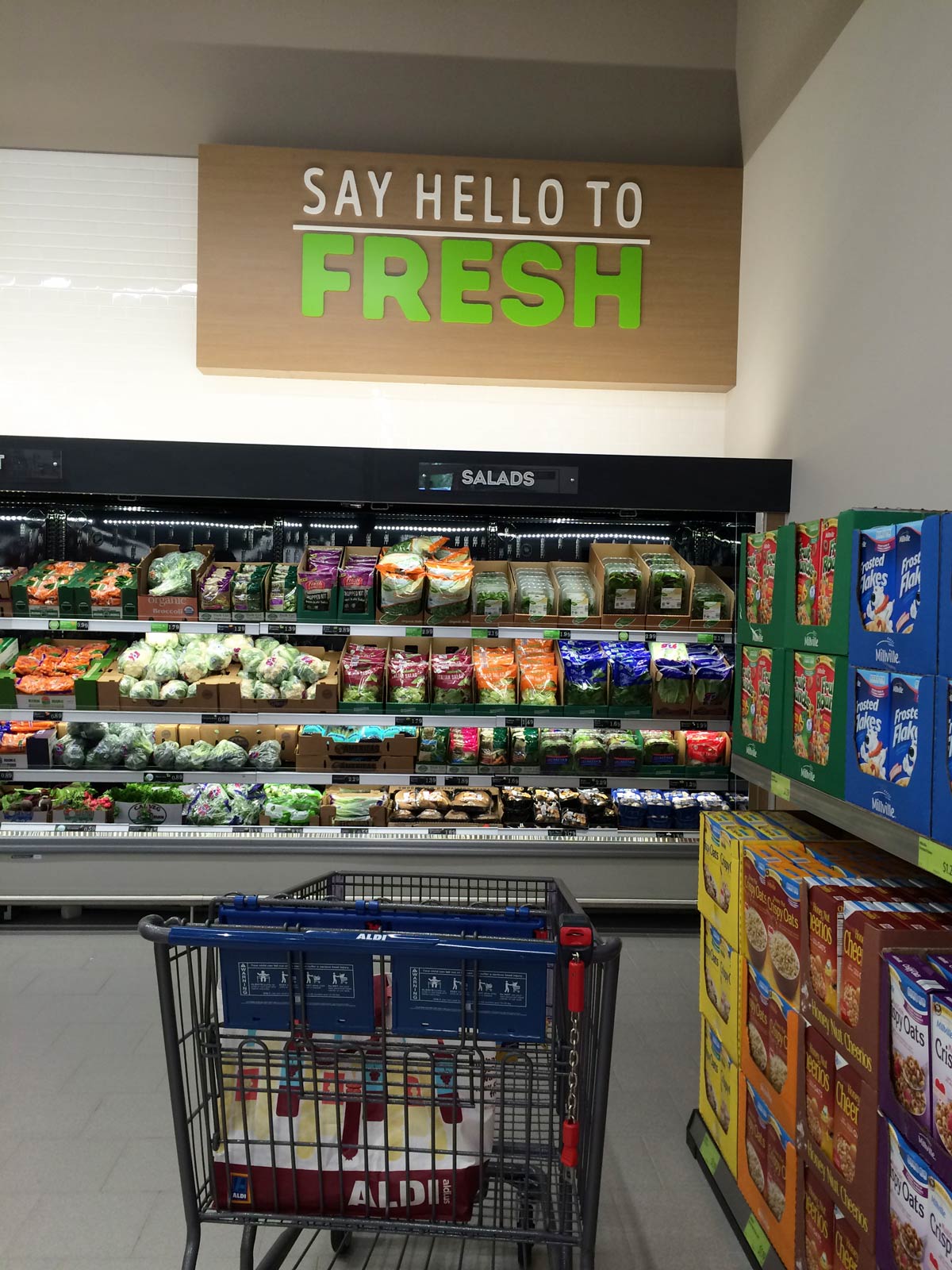
What’s the bottom line? Do the math.
While different markets will boast about being “the low price leader”, only you can decide which is the best for you. Keep in mind your personal preferences and needs, but please do the math.
Math is real.
Compare prices and be honest with yourself. Trader Joe’s is fun, there’s no denying that. But, depending on the local competition, it may or may not give you the biggest bang for your buck.
My sources say YES in New York City, and NO in Southern California. The savings doesn’t always transfer across states.
Harris Teeter may be the best for someone in North Carolina, but not for someone in DC. It all depends.
Do the math and be honest about which store will help you reach your financial goals and stick to your grocery budget. That’s the best grocery store — for YOU.
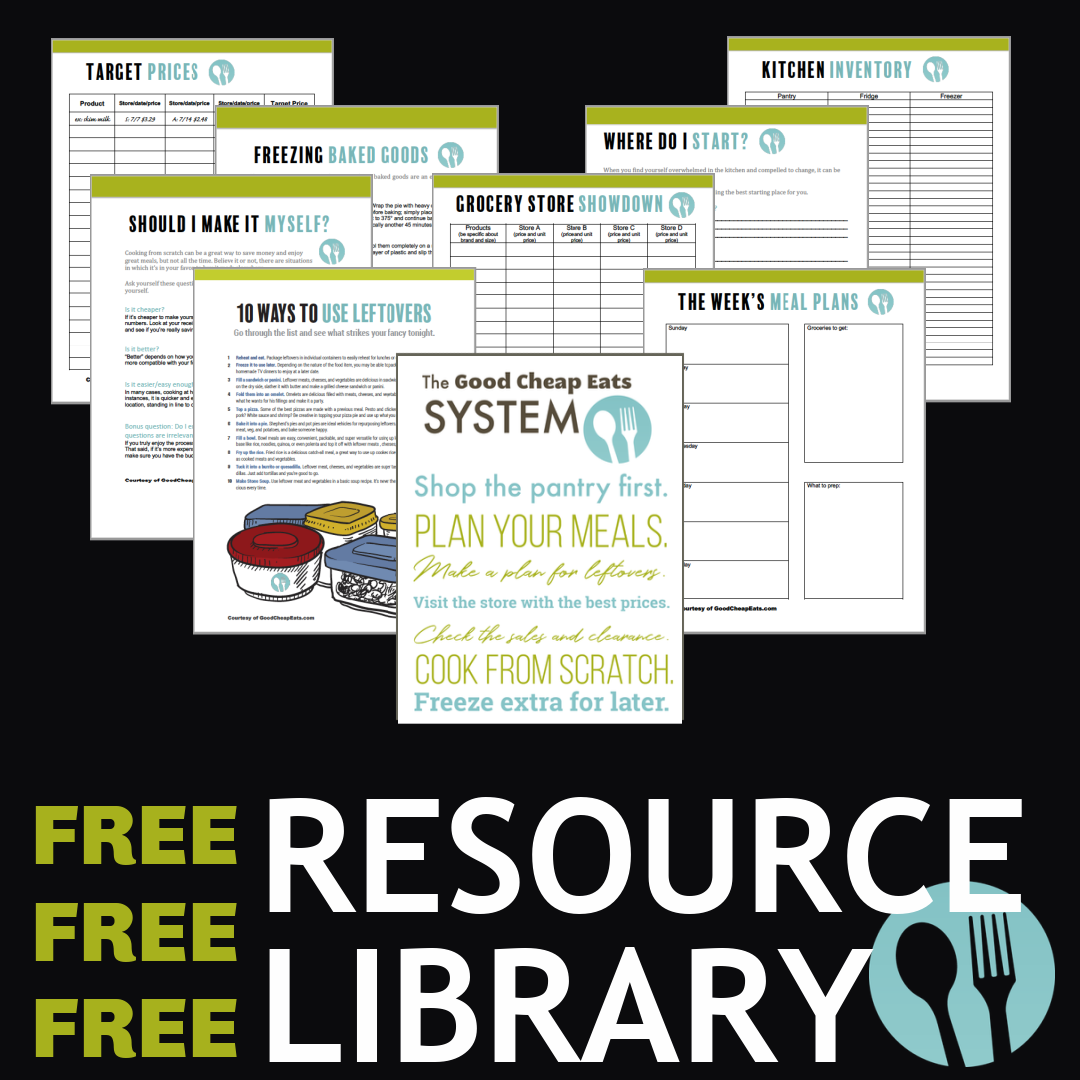
Learn the GCE System
- Subscribe to get access to our free resource library and a 5-day email course to learning the System.
- Grab the revised edition of How to Save Money on Groceries. It’s available as an instant download in our e-store.
- Take our Grocery Savvy masterclass. Give me one hour and I’ll save you dozens!
- For real time support with others working the System, join the Good Cheap Eats Club.


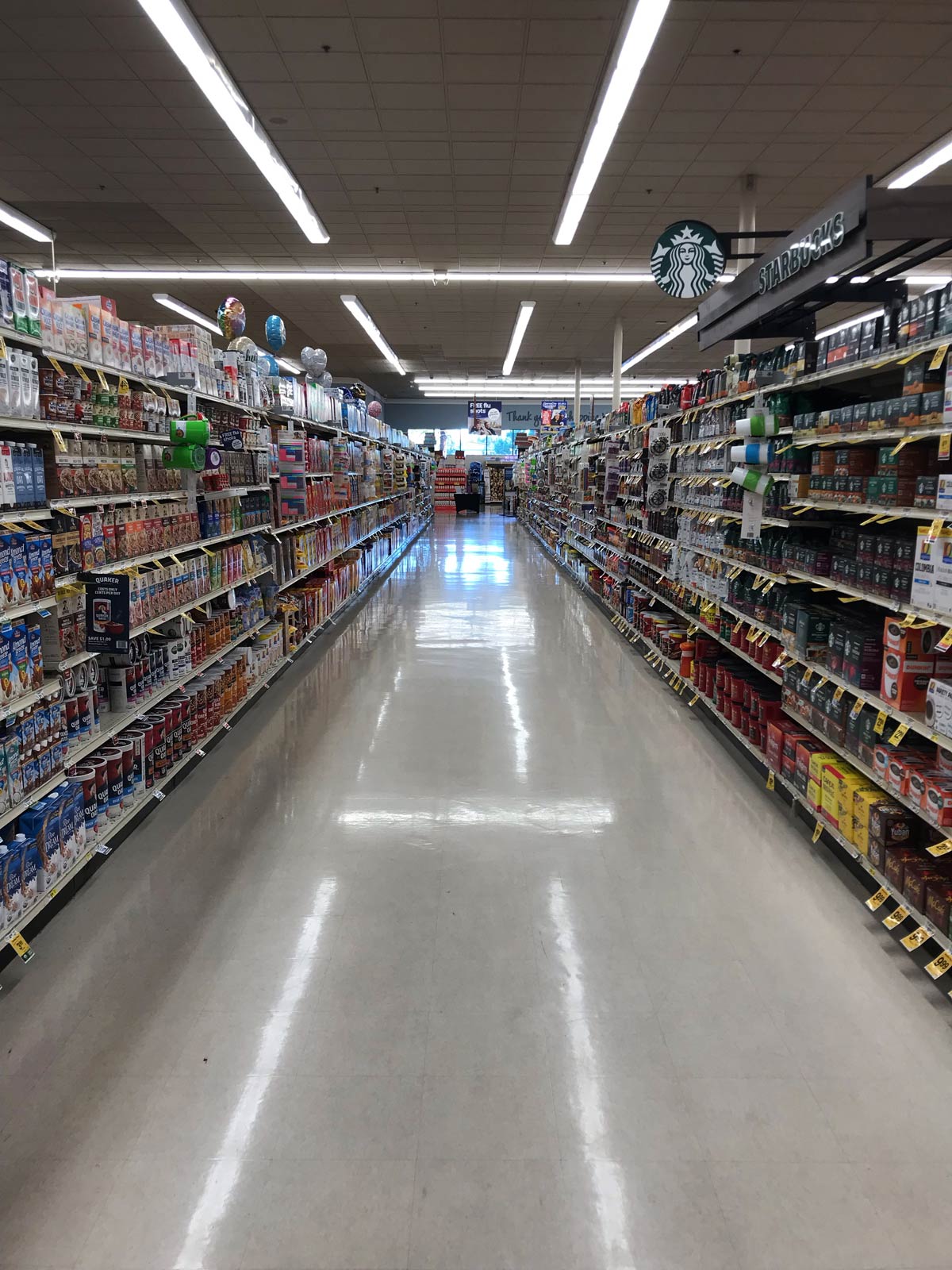

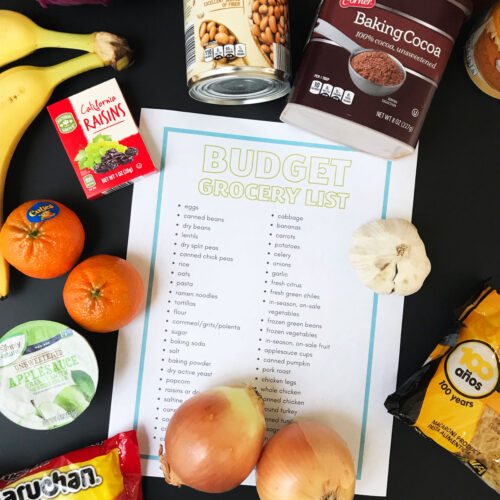
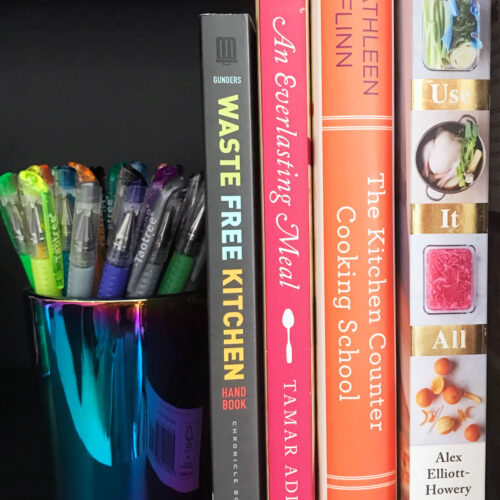

Joan
I have been first buying what is on sale which I can use, then using coupons mailed from the store to me and it looks like they target the foods I have bought from them before. Using these two techniques is saving me a lot of money!
Jessica Fisher
Great strategies, Joan!
Eva Lyons
Time of life definitely makes a difference in deciding which question is the most important. Right now a lot of my time is spent caring for my aging parents and young grandchildren, so which store has most of what I need, and has free pickup, determines where I shop. The closest Walmart with a grocery is 40 minutes away, BUT they also carry the biggest variety, for the best price, of gluten free items (my husband has celiac). I can schedule a free pickup at 9pm when I would be too tired to wander the store, so that’s where I ahop.
Lana
I generally check the ads and shop at two stores each week depending on the sale prices. Aldi used to be my go to store but their prices have gone up so much that I often shop at Lidl instead.